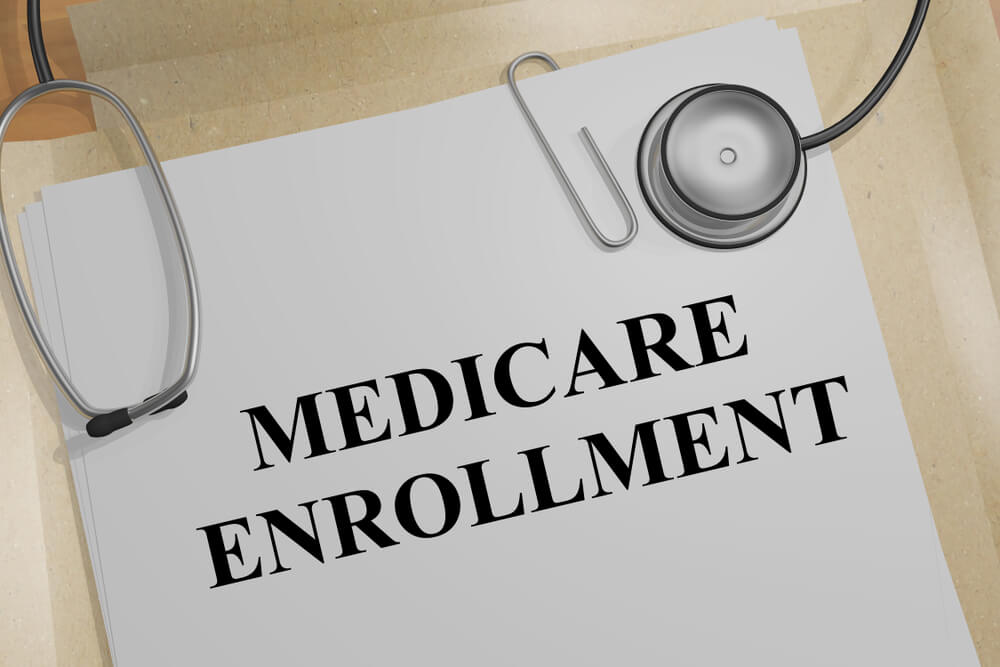It seems wise for a 65 or older employee who is covered under group health insurance to sign up for Medicare, as it can help minimize out-of-pocket costs. However, Medicare is complicated, and there are many caveats and some surprise expenses that need to be avoided. Let’s understand the different scenarios when a 65-year-old worker should enroll or should not enroll in Medicare.
For Medicare Part A:
If you are aged 65 and have worked for about 10 years, you’re entitled to Medicare Part A. This premium-free coverage pays for in-patient hospital charges and other expenses.
If the employer is employing 20 or more workers
If you or your spouse’s employer has up to 20 or more workers and a group health insurance, enrolling for Medicare at age 65 is unnecessary if it doesn’t make any financial sense.
If the employer is employing less than 20 workers
If you or your spouse’s employer has less than 20 workers and the group health insurance is not part of a multiemployer group plan, it is best to enroll for Medicare Part A as your primary coverage.
If you have an HSA and prefer to continue contributing
Owning a Health Savings Account (HSA) that you wish to continue using would stop you from enrolling in Part A. This is because Medicare enrollees aren’t allowed to contribute to an HSA. They are to stop making HSA contributions at least six months before enrolling to avoid tax penalties.
Potential penalties for Medicare A coverage
If you are 65 or older and have recently lost your job, it is best to enroll for Part A within eight months of losing your group health insurance. Failure to do so within the specified time attracts a penalty.
For Medicare Part B:
If you are aged 65 or above, and you or your spouse have ongoing employer health insurance coverage, you might prefer to delay enrolling in Medicare Part B. Medicare Part B requires a premium and covers doctor visits and several other outpatient services.
If the employer is employing 20 or more workers
If you or your spouse’s employer has 20 or more employees and a group health plan, you do not have to sign up for Part B. However, once you are out of work, you have only a limited time before you need to enroll. Otherwise, you will need to pay a fine for not enrolling on time.
If the employer is employing less than 20 workers
If you or your spouse’s employer has less than 20 workers and the health coverage is not part of a multiemployer group plan, at age 65, you must enroll in Medicare Part B. Medicare will serve as your primary insurance, and your employer insurance as your secondary coverage.
If you have an HSA and prefer to continue contributing
If you have a Health Savings Account and want to continue using it, it is best to delay your Medicare enrollment. Medicare rules allow all persons with HSAs to stop making contributions at least six months before signing up for Part B. Also, enrollees must apply up to a month before stopping work or losing employer coverage.
Potential penalties for Medicare B coverage
You or your spouse aged 65 or older must apply for Part B within eight months after getting out of a job or losing group health coverage. Applying after this time attracts a penalty that may apply to all your premiums for the rest of your life. Also, the penalty may include a long wait before you can enroll, which may result in a risky gap in health care coverage.
You can consult with our seasoned insurance experts to purchase your health coverage policy with Randy Jones Insurance, based on your medical requirements and budget. As healthcare costs continue to rise, an unexpected illness can cause a huge blow to your savings if you don’t have adequate coverage. Contact us today to get a quote!




